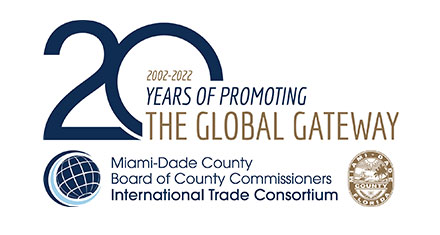COVID-19 vaccine development creates demand for medical supplies
Eugene Ramirez | May 15, 2020
As the world begins to slowly emerge from government-ordered quarantines and socially led self-isolation with new
Covid-19 cases leveling-off, the next frontier in the fight against the coronavirus is the development of an effective vaccine that can be made widely available. For the medical device and supply industry, this presents an opportunity for manufacturing and distributing syringes and other products necessary to deliver a vaccine to millions of people.
In the United States alone, the New York Times reports more than 300 million people may need to be inoculated. The U.S. Health and Human Services Department’s Biomedical Advanced Research and Development Authority has reportedly begun to order vaccine supplies, but not nearly enough to deliver the number of vaccines that would be required to reach ‘herd immunity’. The report goes on to say that it could take 18 months or more for manufacturers to add the capacity required to produce the needed supplies.
Politico reports ‘the nation’s supply chain isn’t anywhere close to ready for such an effort’, claiming there’s already a shortage of the glass required to make vaccine vials. Raw materials like glass tubing for vials, polypropylene for syringes,
and rubber or silicone for the stoppers and plungers in these devices are in heightened demand.
There are some obstacles manufacturers and distributors might face. Chief among them is the bans and restrictions many countries have placed on trade during the pandemic. There’s even discussion about how to ethically distribute the vaccine
across the globe. A Washington Post article uses the H1N1 vaccine as a cautionary tale, with underdeveloped
countries left mostly abandoned until the developed world was hardened against the virus. Getting raw materials or the final products in the hands of those who need them could require high-level lobbying to change regulations, or being
creative with the supply chain, which could include developing new business partnerships.
On a positive note, a by-product of this new need could be the creation of new jobs, though perhaps some only temporary, as manufacturers expand to increase production.
























